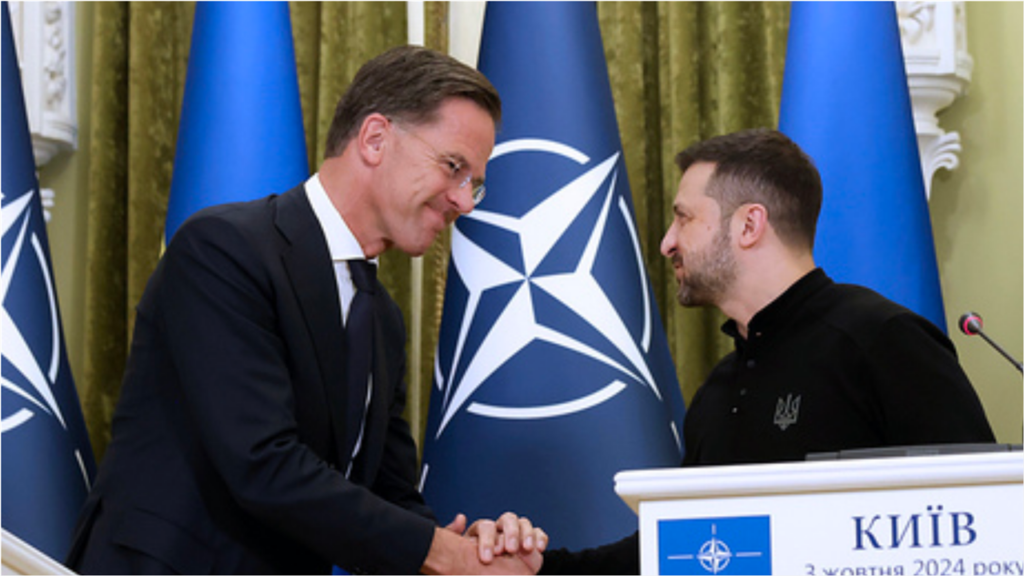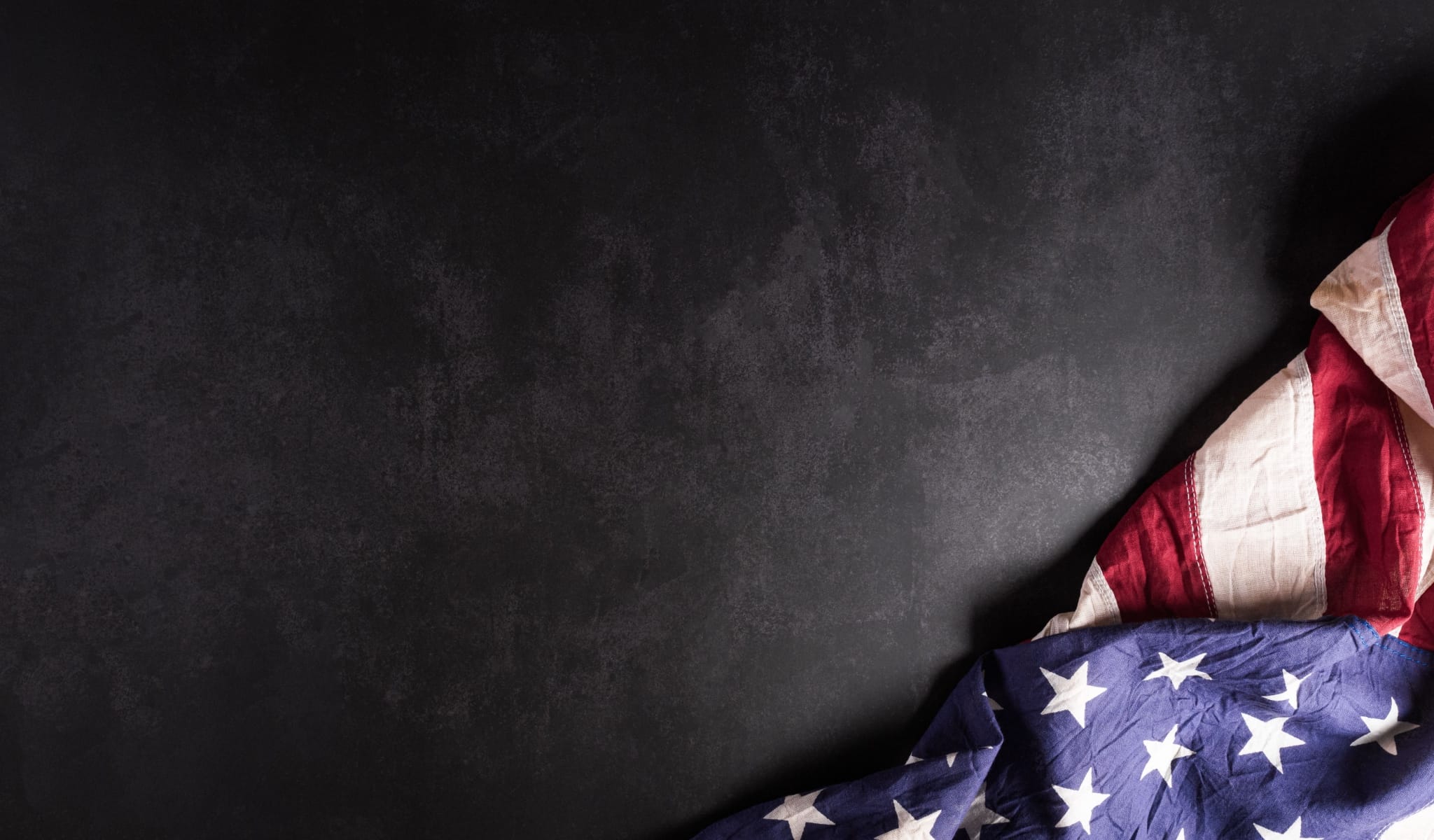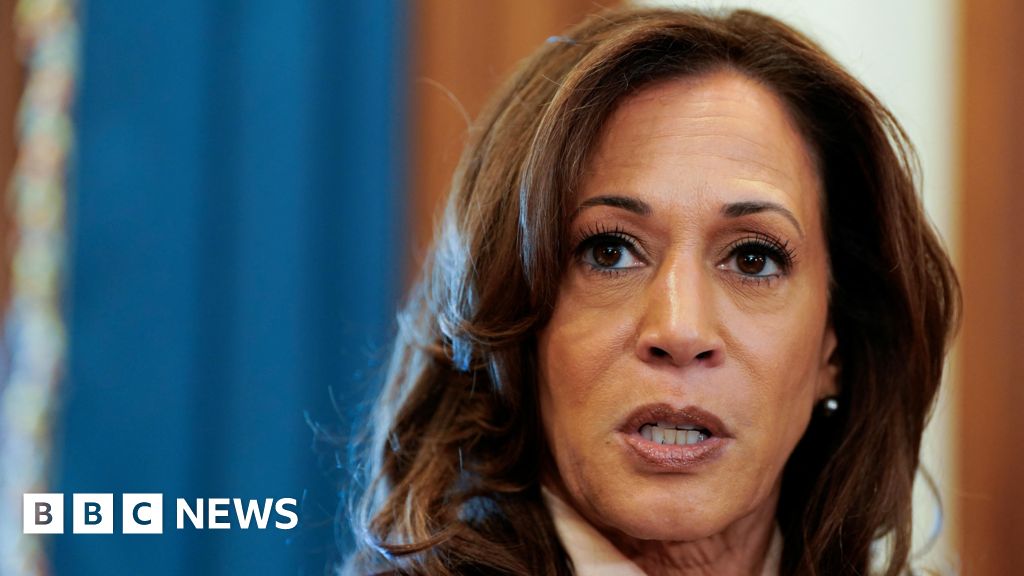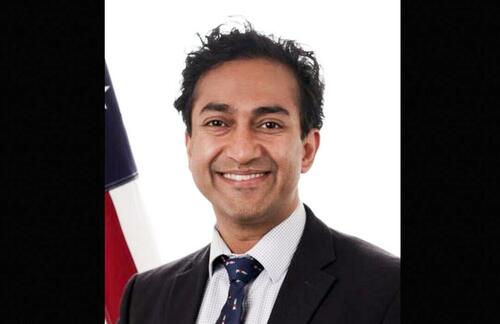Will introduces his new co-anchor, Hannah Bern
Source: The Iron Wire
(0:00 - 2:24) Viewers, I promised you it would happen and it finally has. I have a co-anchor. I'm very pleased to introduce to you Hannah Bern. Hannah? Iron Will, I couldn't be more delighted to join your editorial team. Well, it's great to have you on board, Hannah, not just because I'm sure that after three years people are getting tired of listening to just me drone on, but because if people have been watching my interviews, they know that I'm an Albertan and I've made it very clear. I've said a Canadian first and an Albertan second, but we finally have some representation from central Canada because you hail from? Well, originally New Brunswick, but I live in Ontario. I live in Toronto. Fantastic. So it's so great to have you on board, Hannah. Thank you so much for joining the team. And I'm sure that the viewers will be very pleased that they finally get to listen to someone more than just me. Well, I'm thrilled. And to be honest, Will, I think I'm not alone when I have wondered how many hours of sleep you actually get. Goodness knows you've been a whirling dervish covering news and the top issues affecting all Canadians since day one. And I'm not even going to dignify what day one is, but I think anyone that has been following you since that period is on board. And I'm here to help hopefully give you a few hours of a few winks and certainly cover what is topical and definitely what's under the radar and percolating. Yes. Well, it's a real pleasure, Hannah. And so folks, the way this is going to work is that Hannah and I are going to be taking turns switching off stories as we do these, the top stories every week, the video top stories, but also on the audio news. For the audio news, I have been in the habit of taking a little pause between each story, but I recognize even with that, it can be a little difficult to tell when we switch from one story to the next. So it's going to get a whole lot easier with Hannah joining me because you'll hear me do one story and then you'll hear Hannah do the next and then me and then Hannah, which is going to make it a whole lot easier to know when we're making the switches. So, Hannah, are you ready to do the news? I'm ready to rock. Good evening. I'm Will Dove. And I'm Hannah Bern. And these are the top stories for Monday, June 9th. In today's news, Carney's liberals have proposed a bill to hide their criminal activities. (2:25 - 2:59) The government announces a dramatic increase in defense spending as NATO gears up for war with Russia. Mark Carney equates Muslim values with Canadian values, sparking controversy and yet another study on the devastating effects of the COVID vaccines. Last week, we reported on the Carney government's Bill C-2, also known as the Strong Borders Act, which will increase government surveillance powers, allowing police to intercept mail and access user data without a warrant, as well as limiting cash donations to businesses and charities. (3:00 - 4:15) Now the liberals are at it again with yet another bill that will protect their criminal acts from public scrutiny. Carney's government has quietly introduced legislative changes that could dramatically alter how Canadians' privacy is handled by political parties and not in the direction of increased protection. Bill C-4, ostensibly created to meet economic challenges, contains far-reaching privacy exemptions for political organizations, effectively removing them from the oversight of both federal and provincial privacy laws. Notably, these changes are set to apply retroactively, dating back to May 31, 2000. This means that if passed, political parties will have unprecedented freedom to collect, share, store, and dispose of personal information as they see fit, provided their own internal policies allow it, and with almost no meaningful transparency or independent oversight. Legal expert Professor Michael Geist has highlighted that this appears to be a calculated move to preempt a lingering British Columbia court case, where provincial privacy rules were controversially applied to federal political parties. (4:16 - 7:58) Rather than let the judicial process run its course, the federal government is seeking to undercut it entirely, granting all parties immunity from most data protection statutes outside the Elections Act. What makes Bill C-4 even more concerning is that it not only removes current safeguards but also legitimizes past actions. Previous attempts to tweak the system, such as Bill C-65, at least included some measures of accountability, including breach notifications and limits on selling personal data. Bill C-4 strips these provisions, giving parties carte blanche and retroactively clearing any liability for past privacy violations, a major point of contention for privacy advocates. An analysis of the bill reveals that it empowers political parties, their candidates, and even volunteers to collect, use, and manage personal information without restriction, as long as their own policies permit it. Crucially, Bill C-4 makes it clear that political parties cannot be compelled to reveal what data they hold, nor can individuals demand access to their own information or request corrections. The legislation explicitly states, for greater certainty, the registered party, eligible party or person or entity acting on the party's behalf, cannot be required to provide access to personal information or to correct or receive, adjudicate, or annotate requests to correct personal information. The law would require only that each political party publish a privacy policy outlining the types of information collected, examples of its use, such as cookie tracking or online outreach, the name of a privacy officer, and the training provided to staff and volunteers. However, there are no limitations on what can be collected or how it can be used beyond these minimal requirements. There is also no provision for oversight. Privacy commissioners have no power to investigate or enforce compliance, leaving political parties to police themselves, with no consequences for failing to meet their own standards. Fueling fears that Canadians may be drafted to go to war in Europe against Russia, Prime Minister Mark Carney has promised that Canada will reach NATO's 2% of GDP defense spending target years ahead of schedule, now aiming for March of next year, rather than previous deadlines of 2030 or 2032. The accelerated timeline comes as Carney declared that Canada faces multiplying threats from hostile governments, terrorist entities, and cybercriminals, and must no longer be too reliant on the United States, which he said is reducing its relative contribution to collective Western security. In a speech at the University of Toronto, Carney described the world as being at a hinge moment, similar to the end of the Second World War, requiring action in response to an aggressive Russia and China, and threats to Arctic security. He also criticized Washington's approach, arguing it is looking to monetize its hegemony by increasing the cost of access to its market. Currently, Canada spends 1.4% of GDP on defense, a figure well below the NATO average and long a point of contention among allies. The government is now set to inject an additional $9.3 billion Canadian dollars into defense this fiscal year, specifically to reach the 2% target. Carney detailed that this new funding will be immediately spendable on personnel, equipment, and infrastructure. (7:59 - 8:51) Canada's military readiness has suffered due to aging equipment and a lack of investment. For example, only one of four Canadian submarines is seaworthy, and less than half of the maritime fleet and land vehicles are in good working order. Carney stated that these shortcomings are hindering our military preparedness. The new defense strategy will focus on four pillars—increasing investment in soldiers and equipment, expanding military capability, strengthening the domestic defense industry, and diversifying defense partnerships. This strategy includes purchases of new submarines, aircraft, ships, armored vehicles, artillery, and advanced drones and sensors to monitor Arctic and seafloor activity. NATO Secretary-General Mark Rutte, meanwhile, is urging members to consider raising the target to 3.5% of GDP at an upcoming summit. (8:52 - 10:36) Rutte has also suggested that NATO needs a 400% increase in air and missile defense to maintain credible deterrence. Notably, Rutte recently proposed that members spend up to 5% of GDP on defense, an idea echoed by U.S. President Donald Trump. Carney's announcement comes just a week before Canada is set to host the G7 summit. For the risk of Canada going to war against Russia and China as part of the NATO alliance, see my recent interview with economist Martin Armstrong titled, The EU Will Start World War III and They Will Lose. Ottawa was the scene of an impassioned speech last week when Prime Minister Mark Carney addressed attendees at an Eid al-Adha celebration hosted by the Muslim Association of Canada. In his remarks, Carney took the opportunity to argue for inclusivity, but his comments soon became the subject of heated debate after he appeared to equate Muslim values with Canadian values. Canada, our Canada, our Canada is a diverse country, proud home to different languages, different beliefs, different cultures. Those are differences that make us unique and make us strong. We can pray differently. We can gather in different places of worship, but all of us come together. All of us must come together around the values of Eid, the values of community, of generosity, and yes, of sacrifice. These are Muslim values. (10:37 - 12:25) These are Canadian values. Critics pointed out Canada's deep historical roots in Christian tradition, emphasizing that the nation was founded by Europeans, primarily French and British, who brought Christian beliefs and customs. As one social media user noted, Canada was not built on the Muslim religion, or for that matter, Hinduism or any other pagan religion. Canada was built on Christianity. We are, by descent, a Western European Christian nation. Such comments reflect a widespread sentiment questioning the appropriateness of associating religious values specific to one group with the broader national ethos. Journalist Rupa Subramanya remarked, Islamic values are not Canadian values, and there ain't nothing bigoted in saying that. Carney himself, who is identified as Catholic and regularly attends Sunday Mass, despite his liberal stances on abortion and LGBT issues, was also called out for what critics see as selective emphasis. As one user observed, on Easter he couldn't even speak the name of Jesus Christ and made up some ridiculous notion that the holiday is about celebrating new beginnings because it's spring? And then painted eggs. The implication is that Carney is perceived as bending over backwards to avoid Christian references while freely associating Canadian values with those of Islam. Further commentary addressed the broader societal implications. Jonathan Van Maren, a commentator, pointed out that there is significant disparity in Canada's response to attacks against Christian institutions compared to other religious groups. (12:25 - 15:56) He referenced over 100 Canadian churches vandalized or torched in four years, with 33 burned to the ground, noting the lack of a systematic government response to these incidents. If over 100 mosques had been attacked, what would Trudeau's response have been? I think we know, Van Maren wrote, underlining a perceived double standard. A landmark peer-reviewed study by world-renowned immunologist Dr. Janos Szebeni has triggered urgent concern over a dramatic spike in myocarditis, a potentially fatal heart condition, among recipients of COVID mRNA vaccines. The research, published in the prestigious journal Pharmaceuticals, reveals a shocking 115,100% increase in heart failure reported among those injected with mRNA-based COVID shots compared to historical baselines for similar vaccines. Dr. Szebeni, who serves as professor at Hungary's Semmelweis University and leading immunotoxicology researcher at Seroscience, is a globally recognized expert whose career spans artificial blood, liposomes, and the complement system. His team analyzed data from multiple authoritative global sources, including official government databases, Pfizer's post-marketing safety reports, the U.S. CDC's Vaccine Adverse Event Reporting System, and global vaccination statistics. The study's most striking statistic is the 1,152 times higher incidence of myocarditis, the inflammation of the heart muscle, among mRNA vaccine recipients compared to those who received traditional flu vaccines. Myocarditis is known to reduce heart function, sometimes leading to blood clots, stroke, cardiac arrest, or sudden death. Alarmingly, myocarditis is often asymptomatic or mild, earning it the label of silent killer among cardiologists, since many sufferers may not know they have it until a catastrophic event. Szebeni's research also found that other severe adverse events showed similar dramatic increases—a 455 times higher incidence of thrombosis, a 226 times higher incidence of myocardial infarction, a 218 times higher rate of death reports, and a 130 to 160 times higher incidence of tachycardia, dyspnea, and hypertension in mRNA-vaccinated individuals compared to those receiving influenza vaccines. Approximately 4 to 18 percent of all reported adverse events were classified as severe. Further analysis of Pfizer's original trial data uncovered a 36 percent higher risk of serious adverse events in the vaccinated group versus the placebo group, contradicting earlier public safety assurances. The study also notes that VAERS data suggests the mRNA vaccines may be responsible for up to 160,000 American deaths, but cautions this is likely underreported. Sebeny warns that global deaths linked to vaccination are expected to be much higher and urges a thorough investigation. For more information on vaccine-induced myocarditis and effective treatments for it, see my recent interview with Dr. Peter McCullough and Dr. Nathaniel Mead, titled Vaccine-Induced Myocarditis – The Facts and Effective Treatments, as well as today's special edition of Truth Rx.
1 Comments
Leave a Comment Cancel Reply
You must be logged in to post a comment.












Carney talks out of both sides of his mouth. He appears to agree and in the next moment contradicts himself. He will not build pipelines because consensus between provinces can not be met. He will create bigger government and we will be taxed more. Our freedoms will be taken with every new bill. Media will spin and he will take talking points as his want. Carney may think we Canadians share Muslim values but that is a lie. We Canadians use to value freedom of expression, faith and choices. Muslim have one direction to go and most of western society is not going in this direction. Domination is their thing and that is already playing out in our streets as they block roads with their prayer time. Carney is pandering and playing us all. The question is how long will Alberta play along?